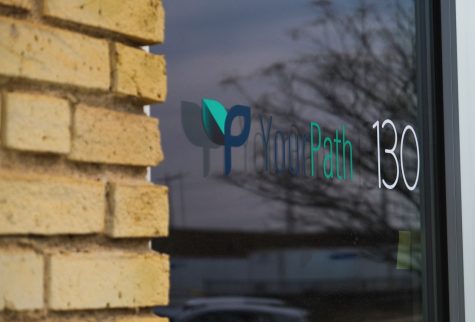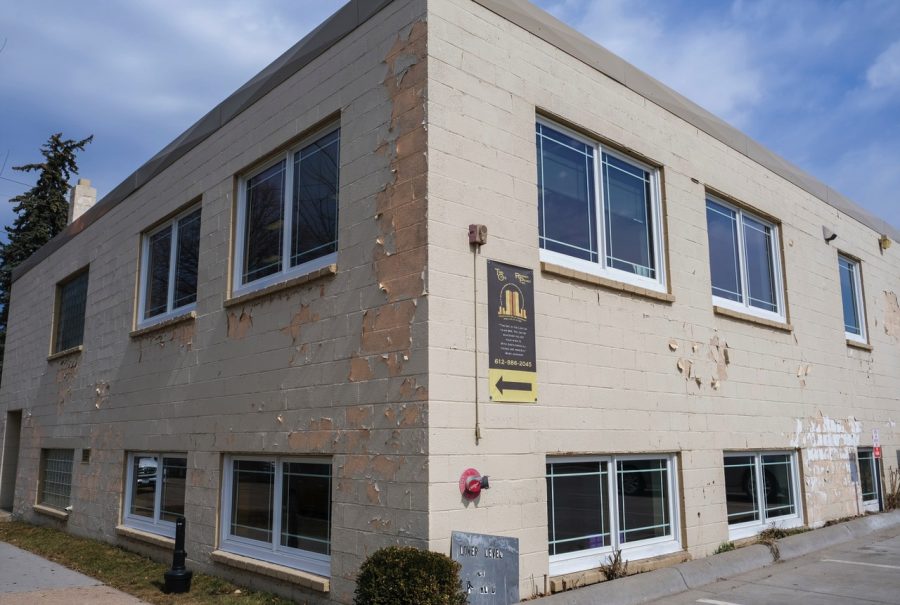On March 10, the Minneapolis City Council approved contracts for four local organizations to work alongside the Minneapolis Fire Department (MFD) to create “safe stations” where people suffering from addiction disorders can go to seek help.
Over the next three years, around $1.2 million will be distributed among the four organizations, Twin Cities Recovery Project, Cordata, Koranda O’tool Paramedics Incorporated (KOPI) and YourPath, to develop safe stations at fire stations in high risk areas of the city. The safe stations will be places that people who are suffering from substance use disorder and opioid use disorder can go to find resources. Locations and opening dates for the safe stations have not been announced.

The goal of the project is to reduce the number of substance use disorder and opioid use disorder medical incidents, traumas and deaths, said Melanie Rucker, the press information officer for MFD, in an email to the Minnesota Daily.
Saida Abdi is an assistant professor at the University of Minnesota and has researched youth opioid use in the East African communities in Minneapolis. Abdi said the safe stations would be a great opportunity for those struggling with opioid use disorder to get the help they need.
“Often youth in our communities that are experiencing addiction, they may not have any support, they may be ostracized, they may not be able to go into any institutions,” Abdi said. “That engagement is what opens the doors for services, what opens the doors for recovery.”
When the pandemic began, Minnesota saw an increase in opioid related deaths, jumping almost 60% from 2019 to 2020.
When a person goes to a safe station, a firefighter will perform an assessment of the individual to determine what kind of care is necessary for them. If immediate medical attention is necessary, a firefighter will start lifesaving action and call for an ambulance to bring the individual to a hospital. If someone is not actively in danger, a firefighter will contact Twin Cities Recovery Project and they will send out a peer recovery coach or an outreach expert.
MFD is using a self-referral as well as an active outreach approach. A self-referral approach means that those who want help can seek it out at the safe stations, while an active outreach approach extends resources to those who are suffering from addiction disorders or those who have trauma or grief related to substance use disorders.
“Minneapolis Fire Department’s provision of safe stations, continual professional community services, proactive commitment prevention and community engagement will help support the people in high risk communities of Minneapolis and reduce their unmet needs,” Rucker said.
Firefighters will work to connect those suffering from addiction disorders to outreach services, such as peer recovery coaches, education material and access to medical services. The safe stations will be staffed full-time by firefighters while employees from the four organizations will visit when necessary, Rucker said.
This project is being funded by an annual $400,000 grant given to MFD by the Bureau of Justice. MFD will be using the money to collaborate with the four organizations for peer outreach and recovery.
Karissa Mariee, the Twin Cities Recovery Project chief operations officer, said the money granted to the organization will be used to implement peer recovery programs and specialists at the safe stations and give access to necessary resources.
“Basically any resource that a person would be in need of is what we try to connect them to,” Mairee said. “We are here to serve the people that are in need, and help people get into recovery. We meet them at any stage that they are at and work with them.”













